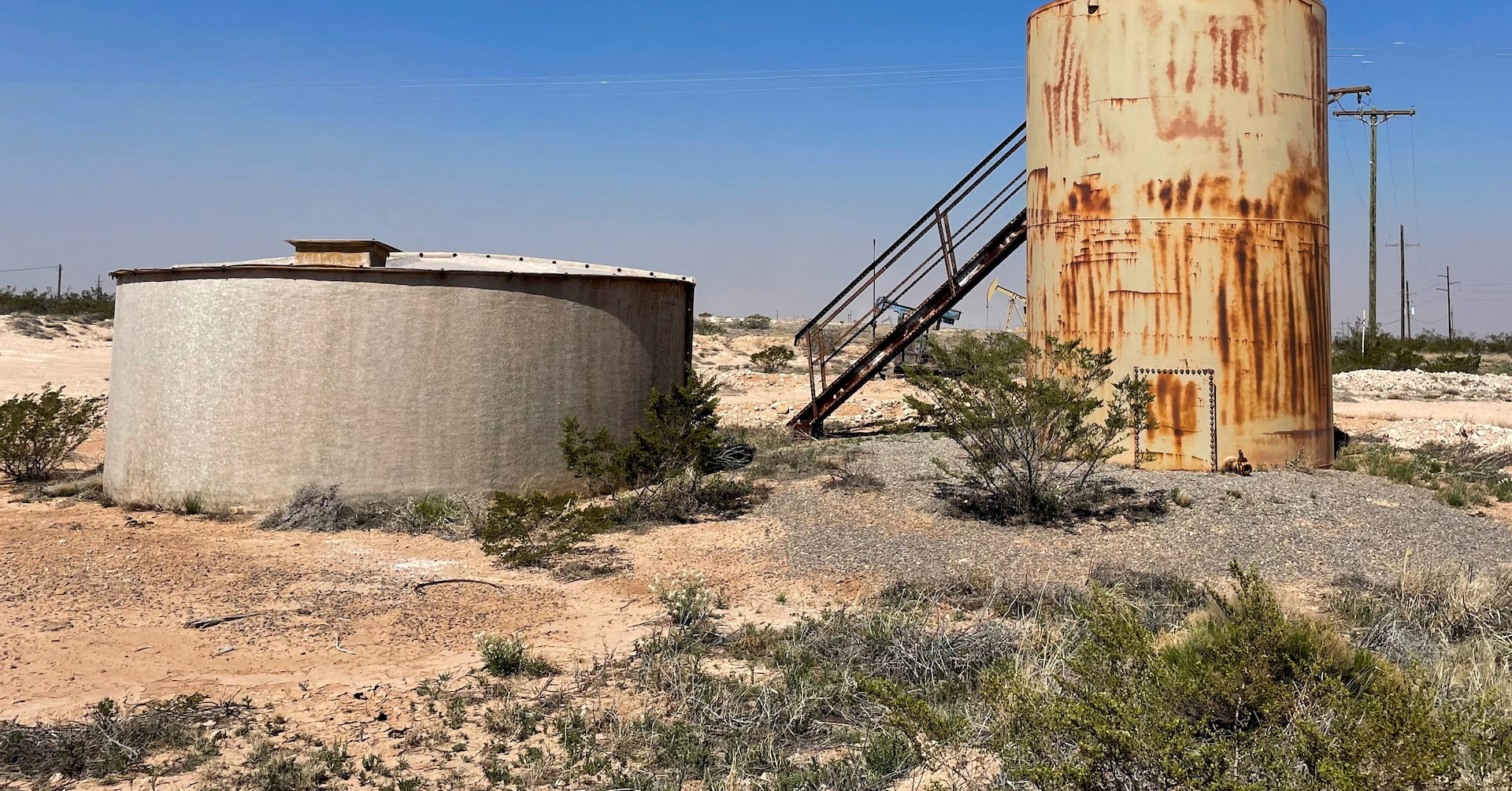Oil Production Stumbles: Mexico Falls Short of Crude Output Targets by Massive 129,000 Barrels Daily

Mexico has adjusted its crude oil production forecast downward, trimming expectations by 129,000 barrels per day for the current year. The nation's energy authorities have adopted a cautious strategy, carefully considering the production trends observed during the initial months of 2024.
This prudent approach reflects a realistic assessment of the country's oil production capabilities, taking into account current operational challenges and market dynamics. By revising the projection, Mexican officials aim to provide a more accurate picture of the country's petroleum output, ensuring transparency and realistic planning in the energy sector.
The downward adjustment signals a measured and thoughtful approach to oil production forecasting, demonstrating Mexico's commitment to providing realistic and data-driven estimates. Energy experts suggest that this revision allows for more precise strategic planning and helps manage expectations both domestically and internationally.
